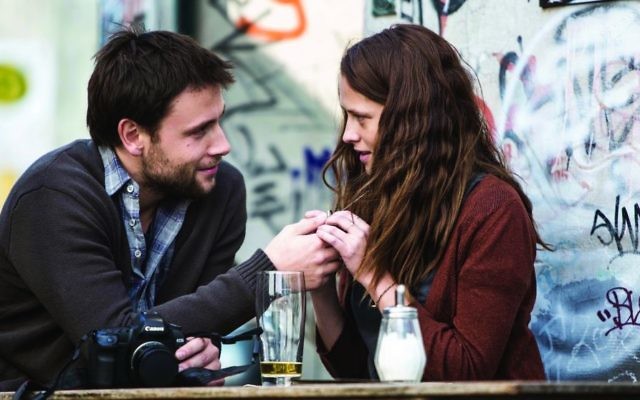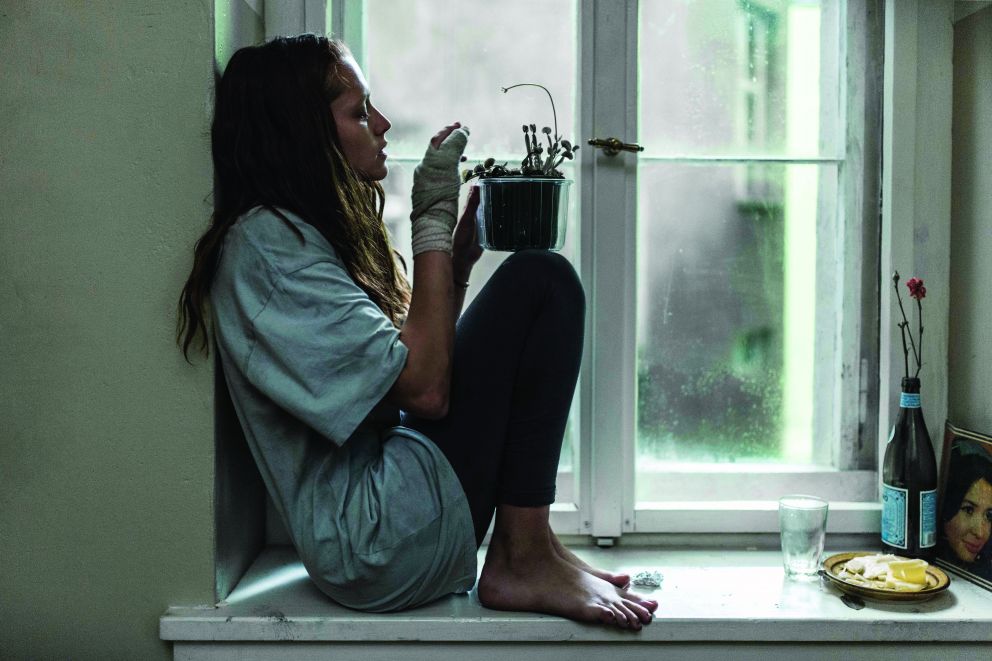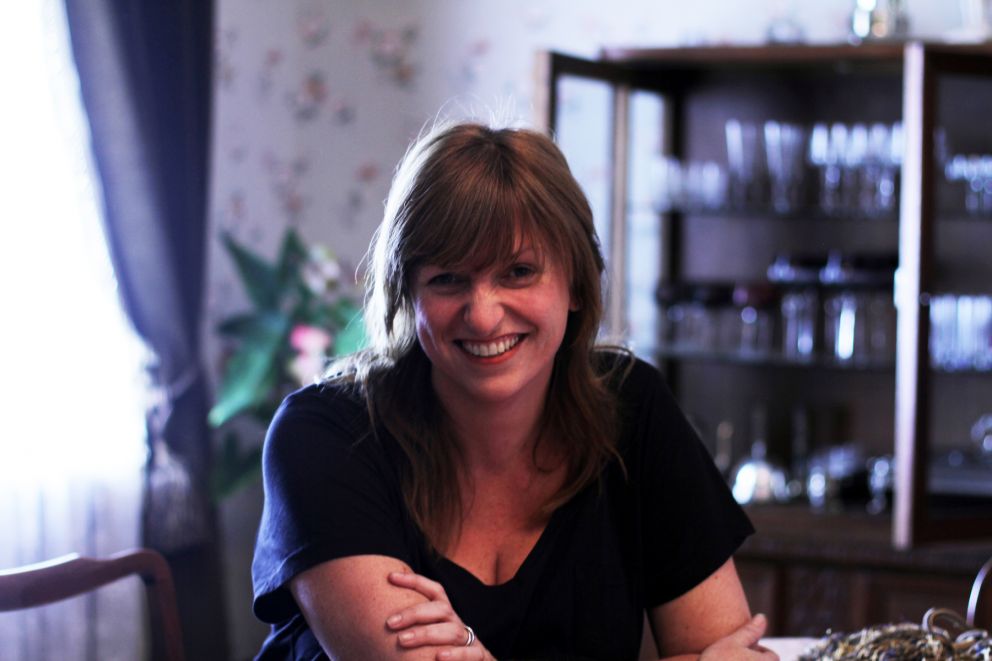Fatal attraction hits home in Berlin
Director Cate Shortland tackles the controversial issues of sexual violence and entrapment in her latest film, 'Berlin Syndrome' starring Theresa Palmer. It opens in cinemas today.
Director Cate Shortland tackles the controversial issues of sexual violence and entrapment in her latest film, Berlin Syndrome, which opens in cinemas today. Jan Epstein reports.
IN the mould of the classic 1965 film The Collector, director Cate Shortland’s new movie Berlin Syndrome is a riveting but chilling psychological thriller.
Based on the highly regarded first novel by Melbourne writer Melanie Joosten, Adelaide actor Teresa Palmer plays Claire, a naïve young Australian tourist who is stalked and seduced by a charismatic German teacher Andi (Max Riemelt), and held captive in his dilapidated apartment in what used to be East Berlin.
Berlin Syndrome is a dark and disturbing tale about entrapment, sexual collusion and the role played by the past in all our lives.
When producer Polly Staniford optioned the novel in 2011, she approached Shortland to direct the film because she felt the multi-awarding winning auteur director of Somersault and Lore was the right person to bring power and sensitivity to this emotionally complex tale which delves into the heart of sexual violence.
“I think I’m always interested in the female psyche, and I’m not afraid of difficult subject matter,” Shortland tells The AJN from her home in Sydney.
“In fact, I kind of crave it. I struggle with it, but enjoy it too. I’m not afraid of looking at the perpetrators as well as the people they attack, so I think Polly thought it was a good relationship, me and the material.
“I’m also not afraid of sex or filming physical intimacy. I think that was probably important, because it’s a pretty sexy novel.”
Berlin Syndrome, which opened in cinemas around Australia today (Thursday) after having its world premiere at this year’s Sundance Film Festival, in part explores what is called the ‘Stockholm syndrome’, feelings of identification or affection felt by victims towards those who kidnap them or hold them hostage.
It is also a metaphor for Germany today, a country whose political history Cate explored in her Holocaust-themed 2012 film Lore.
“I think one of the reasons Polly sent me Melanie’s book was because I’d just finished filming Lore in Germany,” explains Shortland.
“I wasn’t terrified at the prospect of filming there because I’d done it before. The book also contained a lot of material that I was interested in. It’s a mixture of this love affair and the terrible need for control.”
In Joosten’s novel, Claire meets Andi near the tourist hub at Checkpoint Charlie, the crossing point between East and West Berlin. This is less obvious in the film, but for Shortland much of the film’s political relevance extends beyond Germany and its totalitarian past to the world today.
“I saw that the relationship between Claire and Andi mirrors a totalitarian state, in that Andi is a really charismatic dictator and she is the people. She’s trapped in this netherworld like the people of North Korea today, who have very little knowledge of what’s going on in the outside world.
“Claire is like that when she leaves the apartment and sees the world going on around her. It’s a great shock, and I think it was like that for the people of the GDR (the former state of East Germany) when they first went to a supermarket or saw a film in the outside world when the Wall came down.”
Shortland’s next project is The Monaro, an eight-part television series set in the 1930s on the Monaro Plain, which is located in the Snowy Mountains Region of southern NSW.
“I’ve been working on it since I finished Berlin Syndrome, probably a year ago. It’s inspired by true crime and centres around five women. We’re still writing the story, so I can’t say much about it, but we want to shoot it next winter. Most people don’t know the Monaro because they drive through it on the way to the snow, but it’s really stark grassland, like the moors of Australia.”
Shortland is directing The Monaro in collaboration with her South African-born husband Tony Krawitz, who put Australian Jewish filmmaking on the map again in 2005 with his short feature Jewboy.
Since then Krawitz has memorably directed Dead Europe, adapted from Christos Tsiolkas’ novel, and the feature length documentary The Tall Man. He is currently in Melbourne shooting the second series of the ABC’s zombie-inspired Glitch.
Shortland converted to Progressive Judaism before marrying, and the couple have two adopted children, an eight-year-old daughter and a 22-year-old son who are both black South Africans. Shortland enjoys her ‘hybrid family’ and remembers always being intrigued by different cultures.
“Tony is part of that beautiful eastern European culture that he was born into. His family are German on one side and Lithuanian on the other. I think it’s in him, there’s a melancholy in that culture as well,” she says.
Shortland loves being married to somebody who understands filmmaking from the inside.
“I find it really inspiring to talk to Tony about his work, and sometimes it’s about the banalities of what we do, about trying to work out solutions to issues, most of which are about time,” she says.
“He’s really smart and calm whereas I’m more fiery and inclined to go off the handle. He looks at things more logically and he helps me a lot.”
Berlin Syndrome is currently screening.




comments